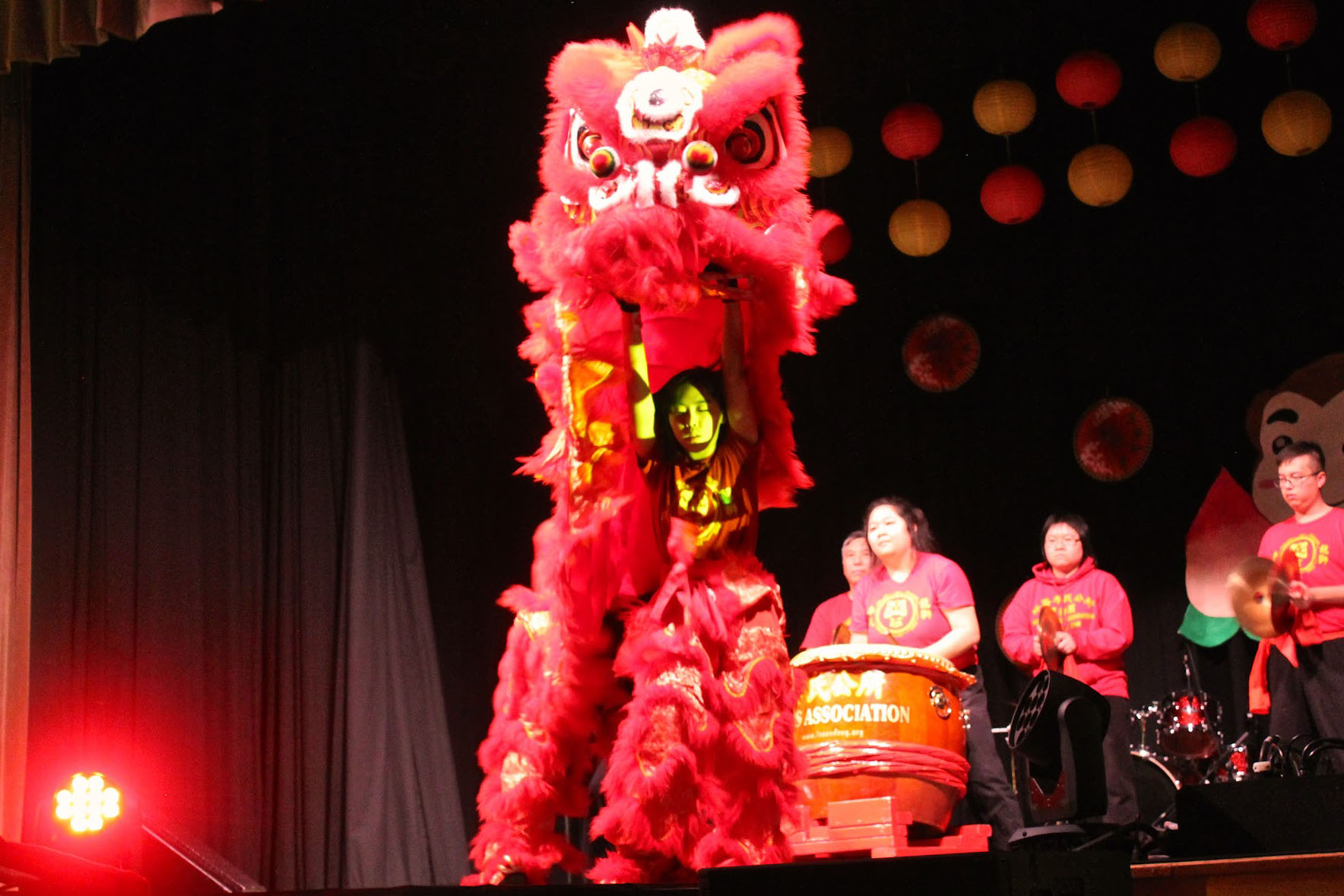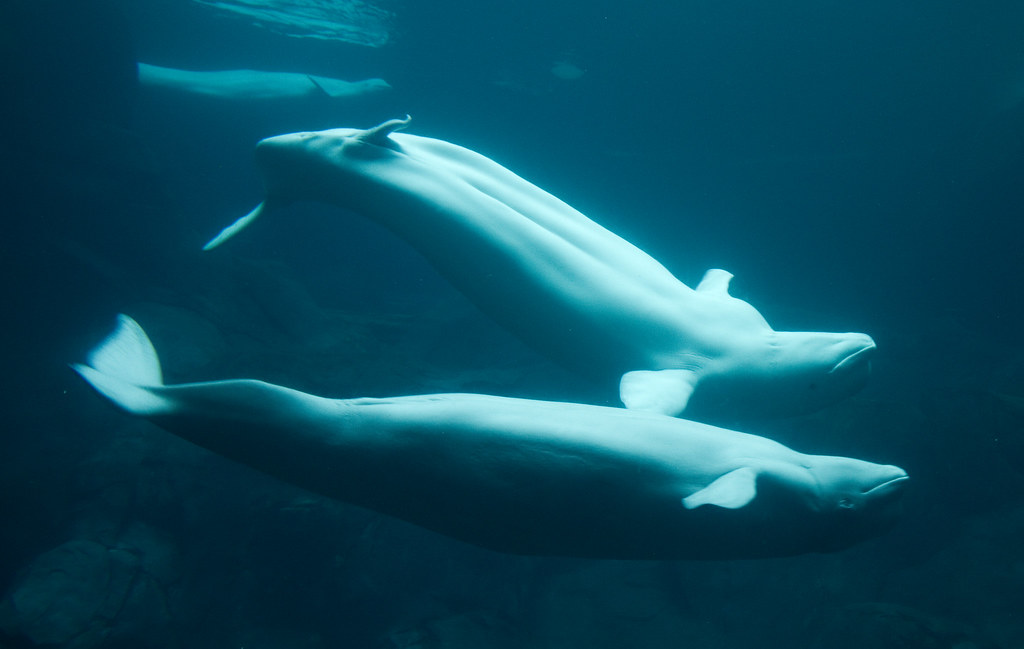Nov. 25 Black Sea: In the latest confrontation between Russia and Ukraine, the Russian coast guard fired on three Ukrainian naval vessels, claiming they had traveled into Russian waters without authorization despite warnings. However, according to The Independent, Ukrainian authorities reported giving Russia “advance notice” to their presence in the Kerch Strait where the altercation erupted. The vessels were seized by the Russian coast guard and six Ukrainian crew members were injured as a result of the confrontation. The development has sparked international attention with the UN Security Council and the G20 Summit.
Nov. 26 Mars, Milky Way Galaxy: NASA’s InSight—which stands for the Interior Exploration using Seismic Investigations, Geodesy and Heat Transport—landed safely on Mars after spending six months and 300 million miles making its way from Earth. The spacecraft, operated by the NASA field center Jet Propulsion Laboratory, will spend about two years collecting data, measuring tremors and gathering information about the planet’s interior such as the thickness of the crust. Collectively, InSight cost almost a billion dollars to build.
Nov. 26–29 China: Hè Jiankui, a professor at Shenzhen’s Southern University of Science and Technology, announced his accomplishment via video in editing the genes of two twin girls named Lulu and Nana to be resistant against HIV using CRISPR, a DNA sequencing method. Additionally, Hè announced at a conference on Nov. 28 his success in another pregnancy using edited genes, as reported by Al Jazeera. However, China’s Ministry of Science and Technology has suspended Hè and all his research due to questions of serious ethical violations which Vice Minister Xi Nanping called “extremely abominable in nature.”
Nov. 27 Washington, D.C.: The United States Senate was denied a briefing on the Khashoggi murder case as part of a larger briefing concerning U.S.–Saudi relations on Nov. 28. National Security Advisor John Bolton denied allegations that the White House restricted CIA Director Gina Haspel from presenting despite having critical information regarding the case. Although her presence was requested by senior senators, she was absent from the room. The briefing came ahead of Nov. 28’s Senate vote to end U.S. support for the war in Yemen, which resulted in a 63-37 victory.
Nov. 28 Helmand, Afghanistan: After coming under fire from Taliban forces, Afghan and U.S. ground military requested an airstrike on a compound in the province of Helmand, allegedly unaware of the civilian presence. While 16 Taliban militants were killed following the airstrike, at least 30 civilians were subsequently killed, according to Democracy Now. The NATO-led airstrike was followed by a coordinated attack in Kabul against a British compound in which 10 were killed and 19 wounded.
Nov. 30–Dec. 1 Buenos Aires, Argentina: The 2018 G20 Summit—an annual meeting of 20 countries making up the Group of Twenty—was held in Buenos Aires for two days in order to discuss fractures in international policy and relations, such as the U.S.–Mexico-Canada agreement, climate change and the recent events in Ukraine. According to Canadian news outlet Global News, leaders called for reforms to the World Trade Organization and reaffirmed the Paris Agreement (with the exception of the U.S.) while President Donald Trump and China’s President Xi Jinping reached an agreement to restrict the use of tariffs for 90 days.
Dec. 1 United Kingdom: Universities and Science Minister Sam Gyimah became the seventh governmental member to quit his post since the withdrawal agreement for leaving the European Union was announced in late November. Gyimah announced his resignation in his op-ed to The Daily Telegraph titled Why I cannot back the Prime Minister’s Brexit plan, as a protest over the Brexit provisions. In it he states, “Britain will end up worse off, transformed from rule makers into rule takers. At the end of these negotiations, Britain will not be standing side-by-side with our European partners as equals.” The British Parliament is scheduled to debate the Withdrawal Agreement on Dec. 4.
When I first came to PSU, I was a Chinese major, having studied three years prior in high school alongside French and Japanese. After the first year, I took a hiatus. I don't believe in going to college straight out of high school, but it's what was expected. I returned a few years later to study Japanese at PCC and Arabic at PSU. I am now a junior majoring in International Studies: Middle East and Arabic. In the future, I would like to work as a journalist or humanitarian aid worker in the region, helping people who lack economic and political backing and media exposure.






